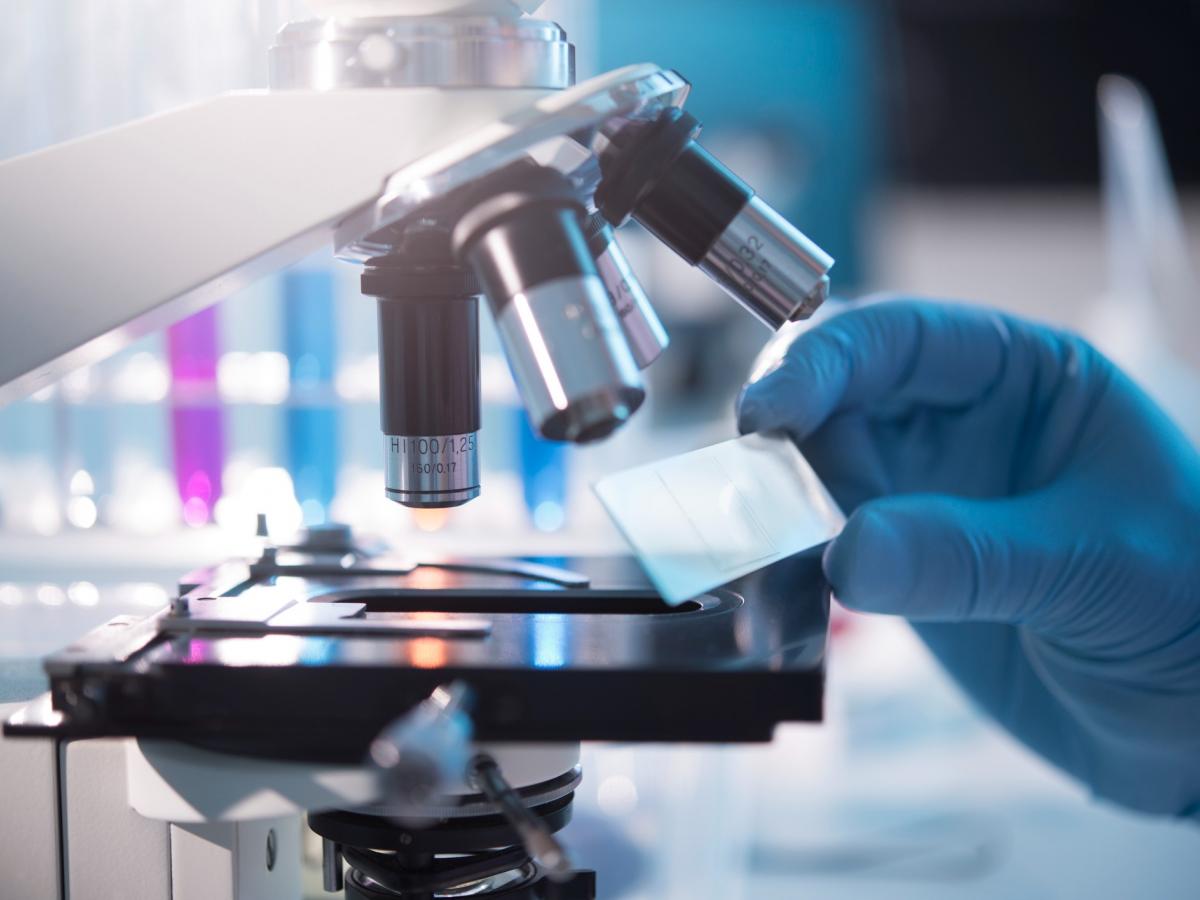DECRA funding supports Uni of Adelaide research

Ten University of Adelaide research projects have received a combined $4.1 million from the Australian Research Council’s Discovery Early Career Research Award (DECRA) scheme. Credit: nicolas_/iStock
Ten University of Adelaide research projects have received a combined $4.1 million from the Australian Research Council’s Discovery Early Career Research Award (DECRA) scheme.
The projects to receive funding are:
- Dr Andrew Merdith: Earth’s mid-life crisis – Examines the state and nature of the Earth’s climate, topography, geography, erosion, carbon cycle and oxygen cycle, from one billion to 538.8 million years ago (the Neoproterozoic Era). Funding awarded: $357,299
- Dr Pengtang Wang: Heterogeneous Molecular Catalysts for Carbon Dioxide Conversion – Converting carbon dioxide (CO2) into value-added fuels and chemicals. Funding awarded: $431,318
- Dr Fatwa Adikusuma: Developing CRISPR Prime Editing for highly efficient precise gene editing – Improving performance in gene editing technology to generate specific genome modifications in cells and organisms. Funding awarded: $458,238
- Dr Yun Liu: Bio-inspired nanomaterials with tunable drug loading and controlled release – Develop new nanotechnology strategies for advanced manufacturing. Funding awarded: $444,318
- Dr Daniel Brown: Gravitational wave detectors for observing the Cosmic Dawn – Build upon research into the workings of the universe by addressing challenges facing future gravitational wave detectors. Funding awarded: $368,818
- Dr Chao Ye: Developing advanced potassium-sulphur batteries for scalable energy storage – Developing atomic-level engineering of host materials for sulphur, K metal anode and solid electrolyte. Funding awarded: $420,818
- Dr Junnan Hao: Designing advanced Zn-ion batteries towards practical applications – Design novel cathodes with a new-type mechanism and highly-reversible Zn anodes. Funding awarded: $456,318
- Dr Amanda Choo: Facilitating control of Queensland fruit fly and other insect pests – Developing a male-only sterile release strain for fruit flies. Funding awarded: $423,659
- Dr Wenhao Ren: Cooperative Single Atom Catalysts for Zn-CO2 Batteries – Develop carbon-neutral CO2 electrolysers with low cost and high energy efficiency. Funding awarded: $394,318
- Dr George Opie: Investigating neuronal oscillations and motor function in adults – Identify changes in brain function that contribute to age-related reductions in movement control. Funding awarded: $435,298
In addition, Dr Andy Boes – who joined the University of Adelaide from the Royal Melbourne Institute of Technology (RMIT) in April – was awarded $456,354 for his project, “Precision Rulers for the Visible – Chip Scale Optical Frequency Combs”, which aims to create a photonic chip technology that will produce extremely accurate measurements.
“These projects are shining examples of the type of ground-breaking research that is occurring at the University of Adelaide,” Professor Anton Middelberg, Deputy Vice-Chancellor (Research) said.
“Finding solutions to some of the world’s most pressing challenges is at the forefront of what we as a global institution aim to achieve.”
The full list of successful projects can be found on the ARC website.
Media contact
Lee Gaskin, Senior Media and Communications Officer, The University of Adelaide. Mobile: +61 (0)415 747 075. Email: lee.gaskin@adelaide.edu.au
